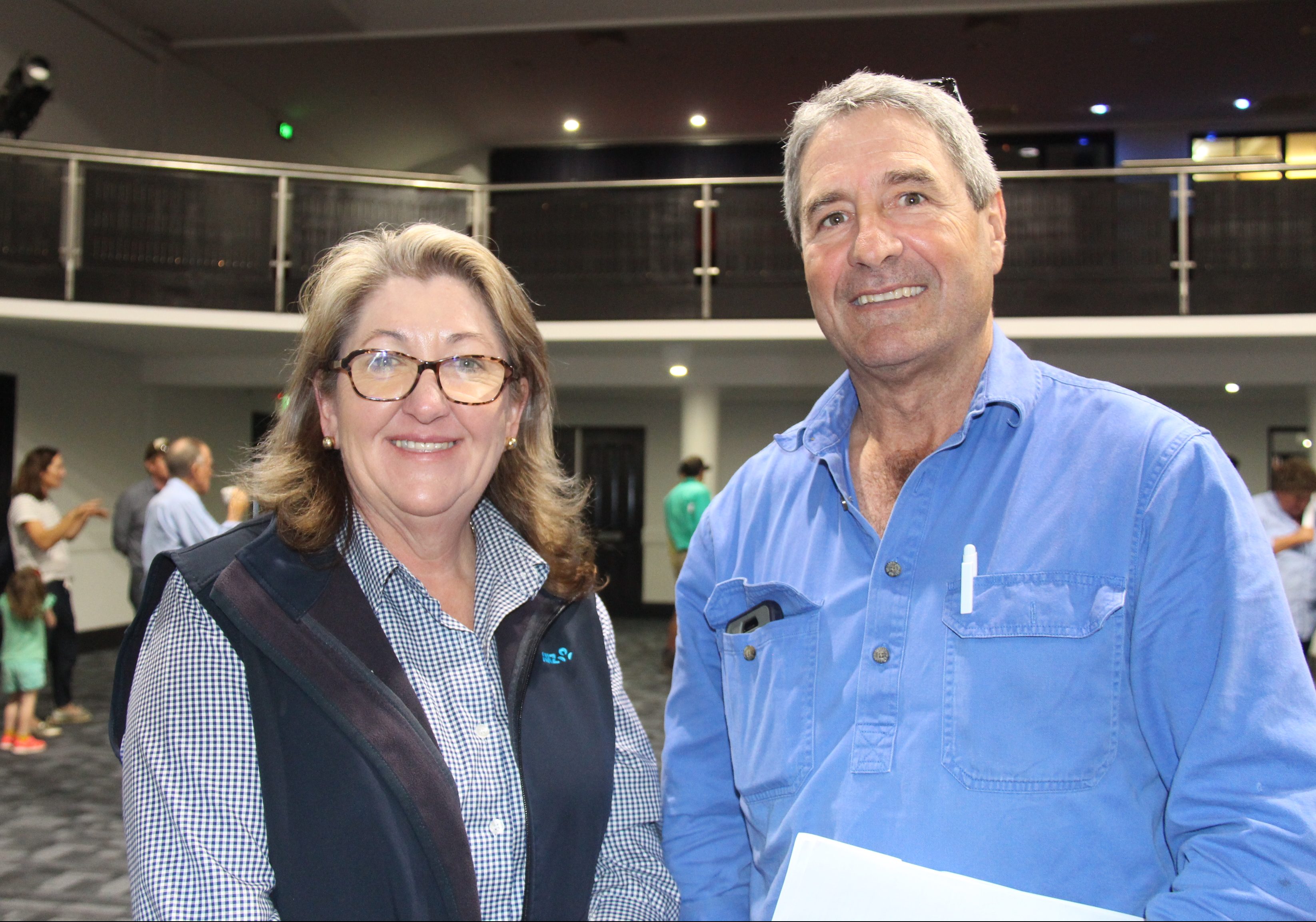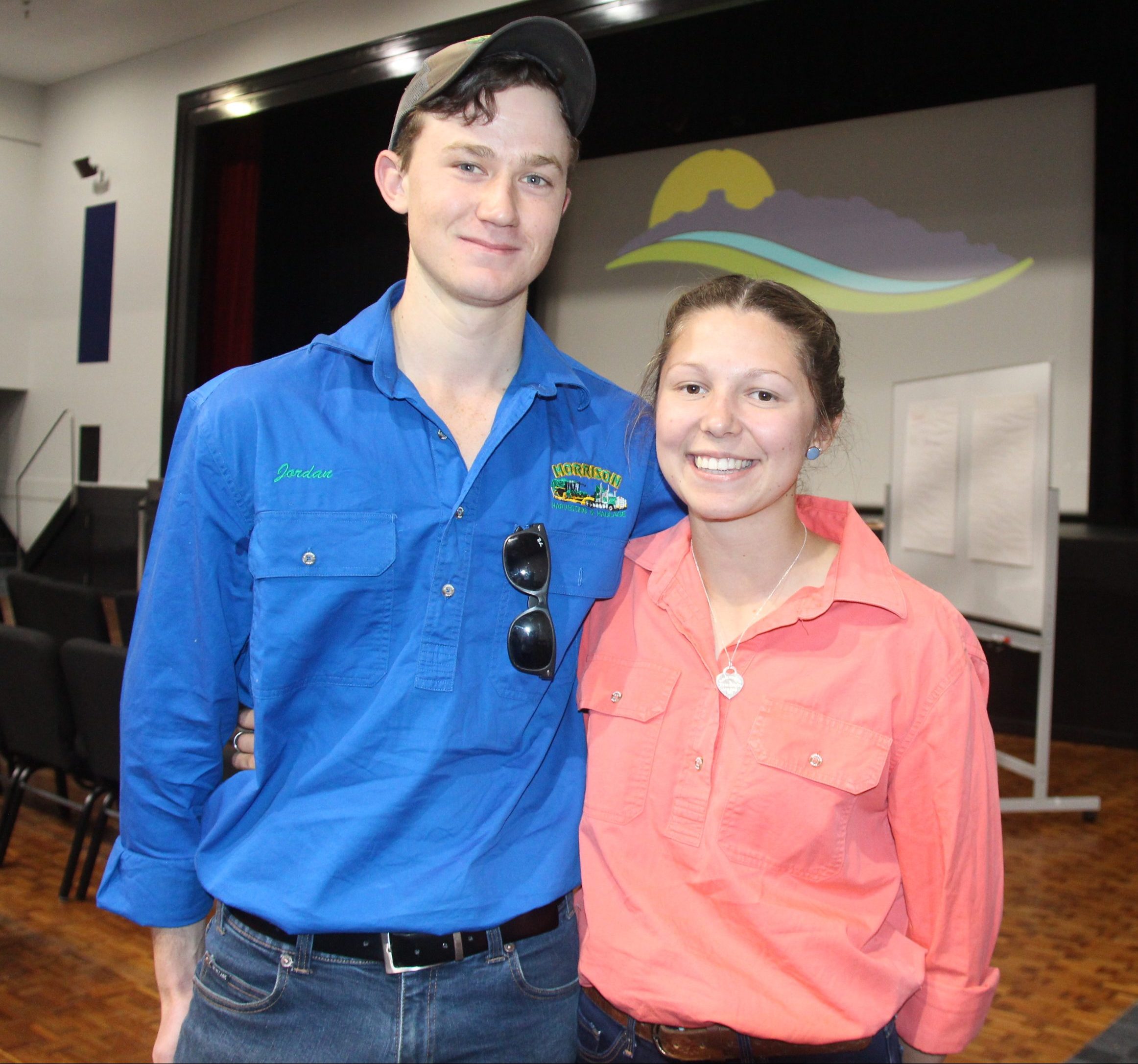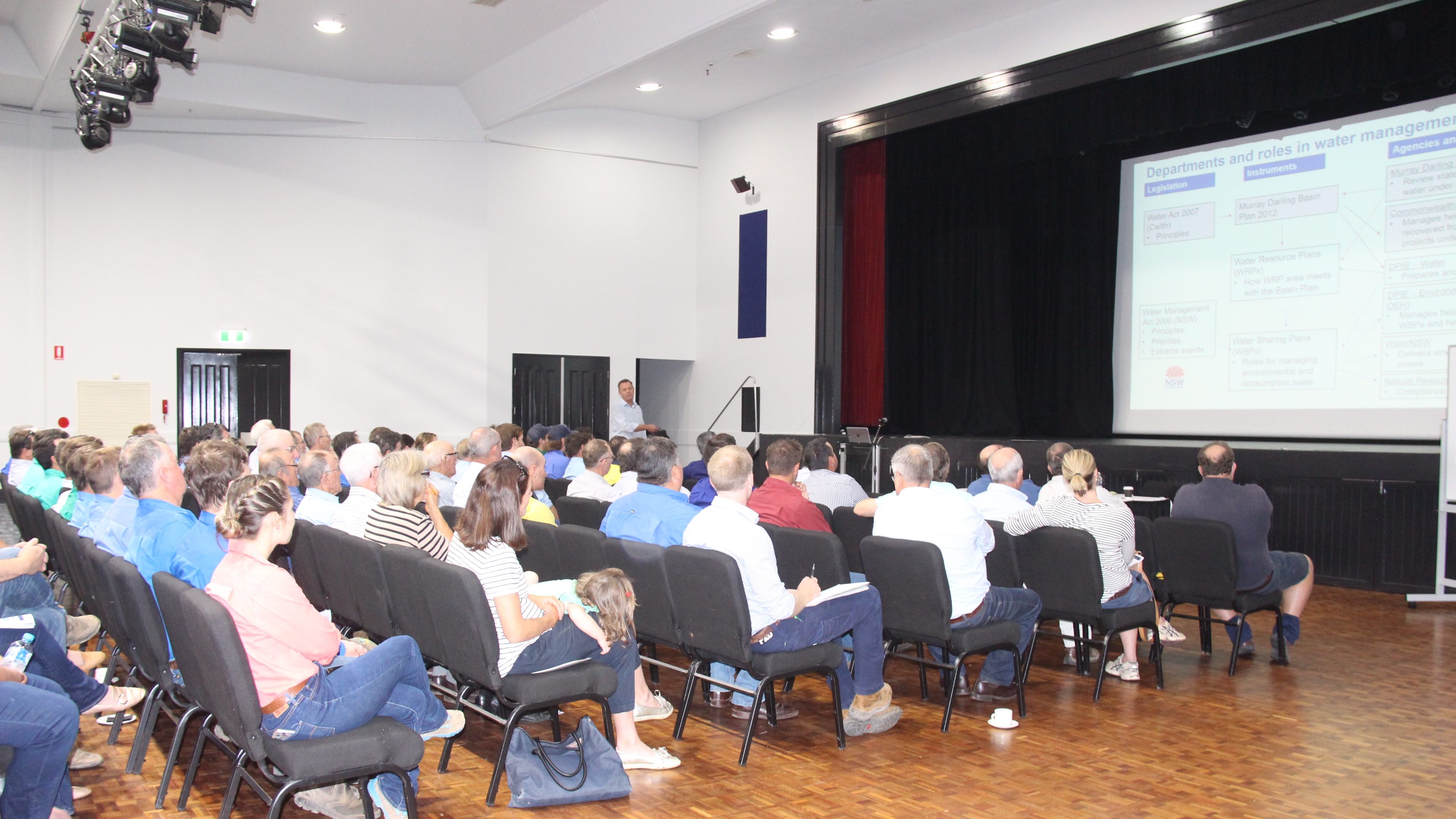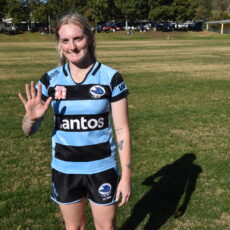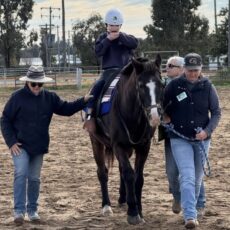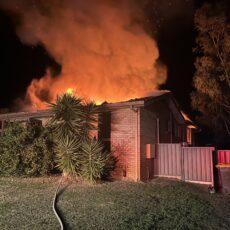Wee Waa Chamber of Commerce members, farmers, residents, business owners and employees united to lobby for the NSW Department of Primary Industry and Environment to host a meeting in Wee Waa about the proposed changes to the water sharing plan arrangements in the upper and lower Namoi.
And the united front has delivered a positive result with a meeting set to be held in Wee Waa on Friday November 15.
“I’m really happy there’ll be a meeting in Wee Waa,” said Chamber president Ann-Maree Galagher.
The proposed changes are being put forward as part of the new water sharing plan (WSP) for the Namoi Valley, which in turn will form the water resource plan to meet the Murray-Darling Basin Plan requirements.
In 2016, under the Northern Basin Review, the Namoi Valley’s in-stream target was increased from 10 gigalitres to 20 GL and the ‘Save Wee Waa’ campaign was launched.
However, three years on questions are still being asked about what analysis has been undertaken by the Department in the Namoi to justify the removal of that water from productive use and what the benefit of returning that water to the river will be.
Another concern raised involves new rule changes, as part of the WSP, that will affect the reliability of access to water entitlements farmers still hold.
Namoi irrigators have long stated their strong interest in looking after the environment and argued that in the northern basin irrigators take just 14 per cent out of the river for productive agricultural use, three per cent is used for town water supplies, stock and domestic and 83 per cent flows down the river for the environment – considering those ratios, it’s argued the hit to irrigators will be a lot greater than the gain to the environment.
It’s a fight that’s brought the town of Wee Waa, farmers and surrounding communities together as people have watched towns like Collarenebri crumble following the removal of water from farming.
In 2017, an MDBA report on the socio-economic effects revealed Collarenebri lost more than 80 per cent of its irrigated land and more than a third of its farm employment after water buybacks.
Wee Waa doesn’t want to suffer the same fate and so the Chamber of Commerce led the charge recently for Wee Waa to be the location for a public consultation after the Department postponed a meeting originally planned in the town on October 22 and then rescheduled the meeting to be held in Narrabri on Monday November 4.
“Wee Waa is the community that will be most affected by the plan and to not hold a meeting in the town, as was originally planned, showed a complete lack of regard for our community,” said Mrs Galagher.
“It’s absolutely ridiculous to hold a meeting under the guise of community involvement and then refuse to hold it in the epicentre of impact.”
Mrs Galagher said that not all Wee Waarians were in a position to travel half an hour to Narrabri for this week’s meeting, especially at 9am when businesses would be opening, but it was vital the community received a proper consultation process.
“It’s important for the local community to hear first hand what these changes and impacts are going to be,” said Mrs Galagher.
More than 100 people attended the Narrabri meeting, it went for more than three hours and the frustration of farmers’ was exposed in a testing question and answer session.
Mrs Galagher joined a number of Wee Waa farmers and business people in attending the meeting at Narrabri’s The Crossing Theatre.
Wee Waa High School’s 2019 school captain Emily Shearin also attended the meeting.
Emily is passionate about agriculture and the fact she took time out to go to the meeting, while studying for the HSC exams, reflects the level of interest and concern in the community about the proposed plan.
“Up until now I haven’t really attended many of the meetings but I felt it was really important for me, as a young person going into the agricultural industry, to get a better grip on what is going on in our community in regards to water as it’s going to affect the community in many different ways.
“Our retailers, farmers, future employees – I think it’s really important to gauge now just how that it going to affect us into the future,” said Emily.
After the meeting, DPIE’s director of inland water planning Peter Hyde was asked by the Wee Waa News if he thought the attending irrigators were likely to get a ‘happy ending’.
“Unfortunately water management is one of those things where often no one is happy but it is probably critical that people understand the decisions we make and why we make those decisions.
“And if we had made those decisions, is there a future opportunity once we have more information to go back and revisit those decisions,” said Mr Hyde.
The proposed plan is open for public exhibition until November 20.


